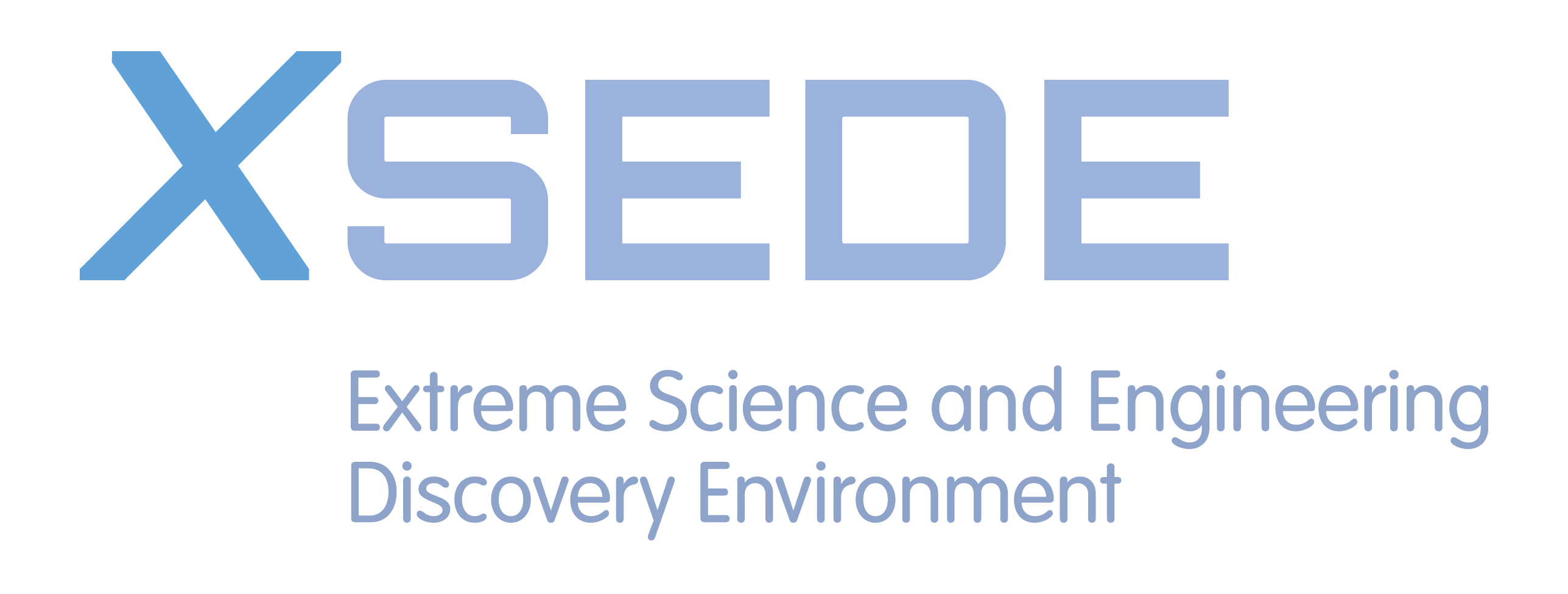
Bioinformatics
(BIMM 143, Fall 2020)
Overview
Bioinformatics - the application of computational and analytical methods to biological problems - is a rapidly maturing field that is driving the collection, analysis, and interpretation of the avalanche of data in modern life sciences and medical research.
This upper division 4-unit course is designed for biology majors and provides an introduction to the principles and practical approaches of bioinformatics as applied to genes and proteins.
An integrated lecture/lab structure with hands-on exercises and small-scale projects emphasizes modern developments in genomics and proteomics. A detailed listing of all lecture topics is available and includes the major areas of:
- Genomic and biomolecular bioinformatic resources,
- Advances in sequencing technologies,
- Genome informatics,
- Structural informatics,
- Transcriptomics, and
- Bioinformatics data analysis with R.
Students completing this course will be able to apply leading existing bioinformatics tools to address biological questions. Our broader goal is to point towards perspectives that bioinformatics can expose for the integration and analysis of complex biological information. For further details please see our complete list of course objectives and specific learning goals.
Audience:
Biology majors with upper division standing. A familiarity with basic biomedical concepts is essential (students should have successfully completed BILD1 and BILD4 or BIMM 101). No formal programming training or high level mathematical skills are required.
Accessibility:
We are committed to making this course accessible to everybody. Please contact Prof. Grant bjgrant@ucsd.edu if you have questions regarding content accessibility.
Requirements:
To fully participate in this course students will be expected to use their own computers with specific freely available software installed.
Schedule:
N.B. For the Fall 2020 quarter, BIMM-143 will be offered online only.** Video lectures, screencast hands-on sessions and supporting material will be available on a weekly basis throughout the quarter. Hands-on sessions will require both individual and small group based computational work. A detailed schedule with class related material is provided online.
Class announcements:
All announcements regarding the course will be by email to your UCSD address. We will also be using Piazza to facilitate course communication, particularly around questions and answers. If you have a question outside of class or office hours, first check if it has already been asked on Piazza and if not post there. If you have a question or concern you don’t feel comfortable posting on Piazza feel free to reach out via email.
Office hours:
We will use Zoom on a weekly basis at a time to be determined from student polling. For now email me for a time and we will make it happen.
Textbook:
There is no textbook for the course. Lecture notes, homework assignments, grading criteria, video lectures, hands-on session screencasts and required reading material will be available from this public facing course website.
Syllabus:
A detailed syllabus with topic outlines and learning goals is available for download.
Surveys:
Please help us improve this course by completing by completing these surveys before and after the course. Thank you!
Acknowledgments:
In addition to working on personal laptops we will also be using remote supercomputing resources for analyzing bioinformatics data at scale. Our use of these resources is kindly supported by NSF/XSEDE grant allocation TG-BIO170077.
To further support learning data analysis with the R environment we gratefully acknowledge support from DataCamp. DataCamp are providing our enrolled students with access to over 300 hours of data science videos and interactive coding challenges aimed at strengthening their data science skills.
Selected screencast videos
These short (sub 10 minute) videos are available for students to watch before class and are designed to help address potential variability in student background knowledge and aid with class inclusivity.
See Screen Cast Videos for more




